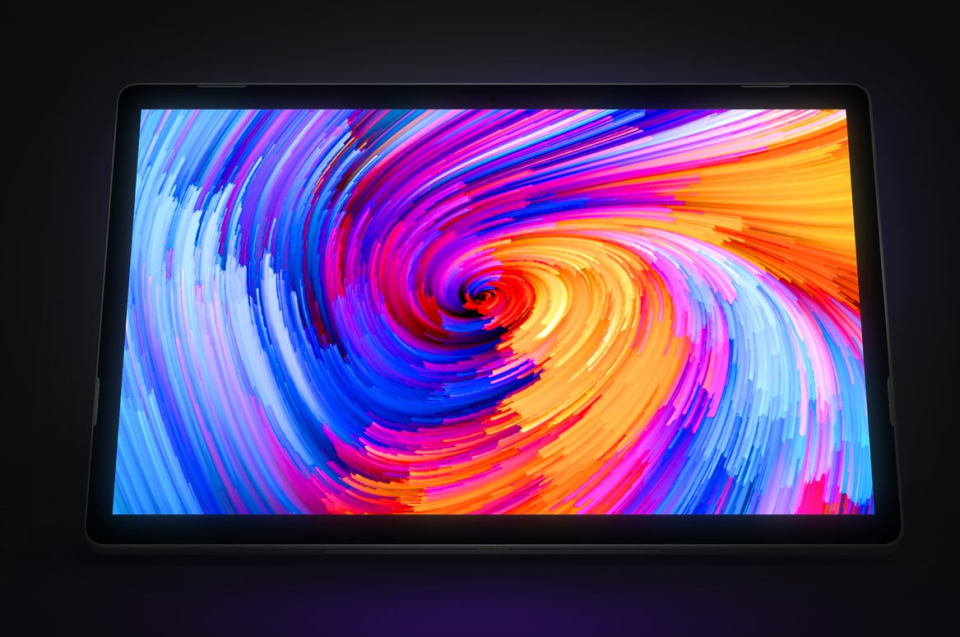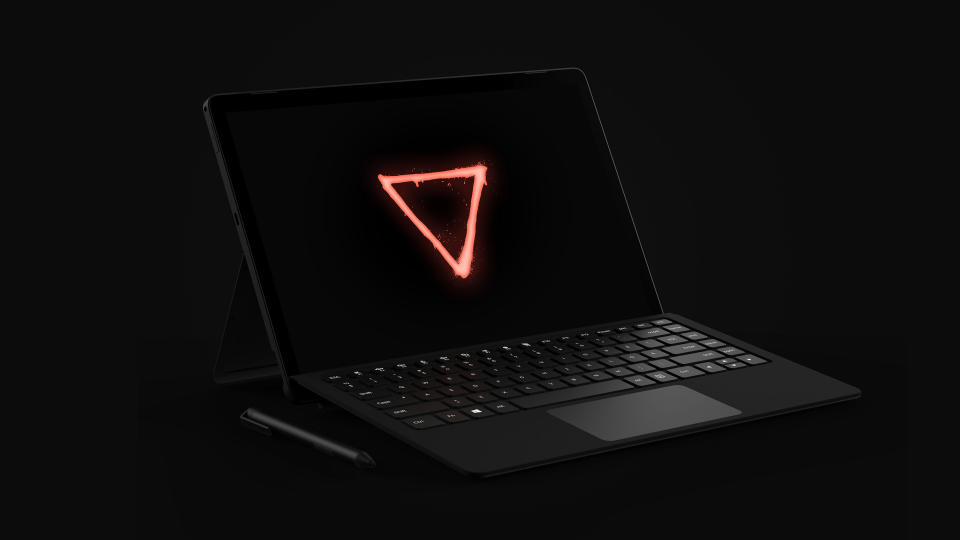The second-gen Eve V may take on the Surface Pro again in 2021
Is this company any more trustworthy now?
You’d be forgiven for never hearing about the original Eve V: it was a curious, crowdsourced, cheaper competitor to the Surface Pro, built by a startup with an affinity for “nordic” design. And the big surprise? The end result was actually a capable little machine, with more charm than we expected. Since then, Eve has tapped its community to design a pair of headphones and a seemingly impressive monitor, but it was bound to return to its roots eventually -- and now, it has. Eve hasn’t exactly been keeping the V’s successor a secret, but the company has finally shared more concrete details about its second computer.
The second-gen Eve V looks very similar to the original, right out to its slightly rounded back and bottom-mounted pogo pins for its snap-on keyboard. Really, the biggest physical difference is the company’s choice of screen: rather than stick to the 3:2 panel found in the first model, this follow-up packs a larger 13.4-inch IGZO display with a 16:10 aspect ratio that runs at a native resolution of 3840x2400. And to top it all off -- literally -- there’s a layer of Corning’s new Gorilla Glass Victus protecting that precious panel.

Meanwhile, there’s a solid assortment of I/O around the sides, including two USB 4 Type C ports, a single USB 3.2 Type C port, a headphone jack, microSD card slot, and a nanoSIM slot for on-the-go connectivity. (Sorry -- the original Eve V’s full-size USB ports are long gone.) Inside this chassis lurks one of Intel’s 11th-gen Tiger Lake processors -- you’ll have your choice of an i5-1135G7 with a base clock speed of 2.4GHz or a slightly spendier i7-1165G7 with faster base and turbo speeds, both of which feature Xe integrated graphics. Once that decision is made, there’s memory to consider (16GB or 32GB of LPDDR4X RAM) and storage (512GB or 1TB SSD). After that, all of these new Eve Vs should be the same, from their included styli to their bloat-free builds of Windows 10 Pro.

Eve is aiming to gets its first second-gen units out the door in Q3 2021, which should give everyone involved plenty of time to iron out the kinks. Still, we’d caution you to take that launch news -- and maybe everything else Eve says -- with a grain of salt.
That an upstart company wants to take the industry’s biggest players with seemingly sophisticated hardware is normally something we would celebrate around here, and we did to an extent after testing the original Eve V. Much of the goodwill Eve generated, however, evaporated in a flurry of customer complaints. Even early on, the company’s sales process was marred by multiple reports from backers who ordered hardware from the startup but never received it.

In a 2019 interview with The Verge, Eve CEO Konstantinos Karatsevidis said the company had made “all the mistakes there were to make”, and pointed to issues with a payment processor that froze incoming funds after a spike in sales to justify early supply issues. Later that year, Karatsevidis offered a slightly more detailed explanation on the Eve forum: An ill-fated partnership with Fortress Tech Distribution LTD, an outfit tasked with running the company’s web store, led to “issues with the supply chain, funds frozen by payment processors, and untimely deliveries, causing frustration among the community and direct damage to our brand.” In recognition of its failures, Eve later whipped up a form to gather information from affected buyers so it could attempt to make things right.
“To summarize, this time around pretty much everything will be different, from the partners all the way to our team,” Karatsevidis promised.
Now, over a year later, some people who ordered Eve Vs or requested refunds through that form still haven’t received them. A Reddit thread from this summer calling for updates from Eve V buyers contains two dozen accounts from jilted users, some of whom claim the company has stopped responding to their correspondence entirely. When asked for comment, an Eve spokesperson provided the following statement:
“The business model changes we’ve done can be summed up in two key points:
Our operations are backed by a well-known supply chain company PCH International that essentially boosts the scale and capacity of our small team to those of major tech players by providing fulfillment, sourcing, inventory management, and other services
We are not using third-party sellers and a licensing business model this time around. Now we take full take care of shipping product ourselves.
Most of the refund requests have already been processed. We’re resolving the remaining ones with high priority.”
At this point, it’s difficult to definitively say whether these issues stem from poor management by an inexperienced team, a lousy deal with a trusted partner, or something more questionable. That said, it doesn’t matter how pretty or well-spec’d a machine Eve can built this time -- if it can’t find a way to make things right for its first round of believers, it’s hard to image many people buying into its vision this time.
If you’ve had a poor experience with Eve, we want to know about it. Email v@engadget.com with details about your purchase, and how Eve handled the process.

